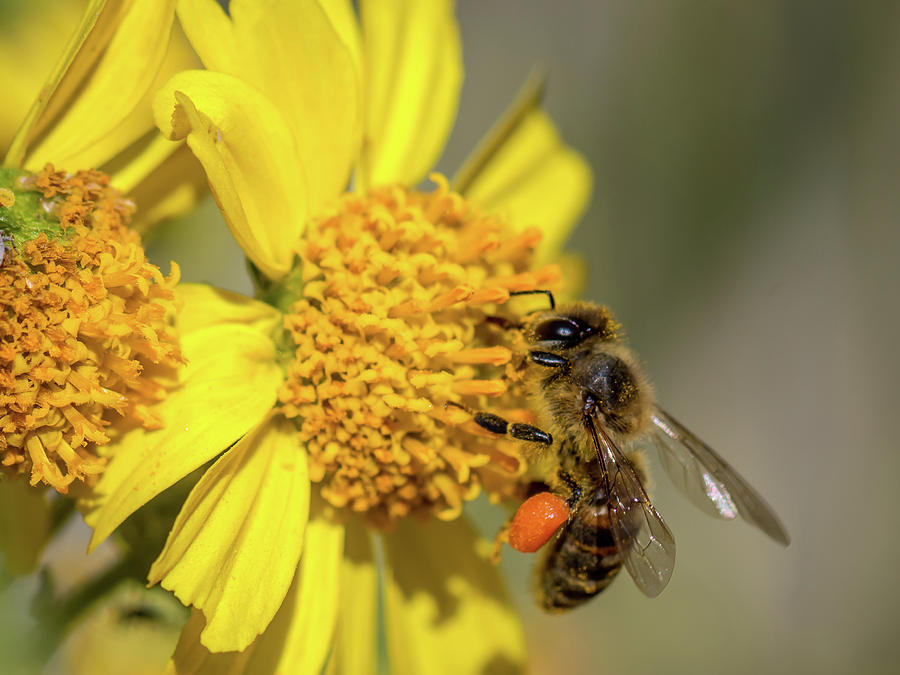As spring arrives, nature begins to awaken from its slumber. Flowers bloom, trees regain their lush green foliage, and birds sing melodious tunes. However, for some individuals, the arrival of spring also brings along an unwelcome guest – pollen. While it may seem like a nuisance to many, understanding the importance and benefits of pollen can help us appreciate this natural occurrence.
Pollen is a fine powder produced by flowering plants as part of their reproductive process. It consists of tiny grains that contain male reproductive cells necessary for fertilization. These grains are lightweight and easily carried by the wind or transported by insects from one flower to another.
One of the most remarkable aspects of pollen is its role in plant reproduction. Without it, many plants would not be able to reproduce and thrive in our environment. Pollen allows plants to cross-pollinate, leading to genetic diversity within species and ensuring healthier populations.
Not only does pollen play a crucial role in plant reproduction, but it also serves as a vital source of food for various creatures in the ecosystem. Bees collect pollen as they gather nectar from flowers; they use it as a protein-rich food source for themselves and their larvae back at the hive. In this way, bees facilitate pollination while benefiting from the nutrients found within each grain.
Pollen’s significance extends beyond bees alone; butterflies, moths, beetles, birds – even some mammals – rely on pollen as a food source during different stages of their life cycles. By consuming pollen-laden flowers or accidentally carrying it on their bodies while seeking nectar or other rewards offered by flowers’ blooms these animals inadvertently assist with pollination too.
While essential for plant reproduction and supporting wildlife populations directly or indirectly dependent on them – including those we rely on such as honeybees – there are times when excess amounts can cause discomfort among humans who suffer from allergies triggered by airborne particles like pollen.
Seasonal allergies occur when a person’s immune system overreacts to pollen, leading to symptoms such as sneezing, itchy eyes, and congestion. However, it’s essential to remember that allergies are an individual response rather than an inherent flaw in the natural world. For those who experience allergies, knowing the specific types of plants they are sensitive to can help them take precautions during peak pollen seasons.
Despite the challenges faced by allergy sufferers, there are ways we can coexist with pollen and still enjoy the beauty of spring. Keeping windows closed during high pollen count times and using air purifiers indoors can provide relief. Additionally, regularly washing clothes and taking showers after spending time outdoors helps remove any lingering pollen from your body or clothing.
Ultimately, understanding the role of pollen in our ecosystem allows us to appreciate its significance beyond its allergy-inducing effects. By recognizing its vital function in plant reproduction and supporting diverse wildlife populations worldwide, we gain a deeper appreciation for this natural phenomenon that marks the arrival of spring each year. So next time you see a cloud of pollen floating through the air or dusting your car windshield – pause for a moment and acknowledge the intricate web of life that relies on these tiny grains for its very existence.


Leave a comment